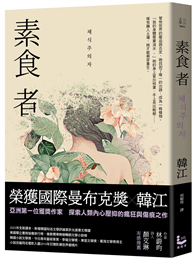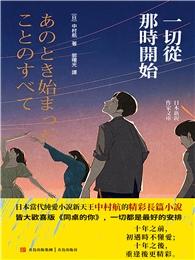This book provides an in-depth study of the late medieval chanson, from Gace Brulé through Guillaume Du Fay. It is largely concerned with interpretation of the way accidentals function, not only at the level of local detail but also as part of the overall design, and explores the way inflections are used by the composer as an expressive tool. Support for this approach comes from reference to causa pulchritudinis ("by reason of beauty"), a justification for chromatic writing first encountered at the beginning of the fourteenth century.
| FindBook |
|
有 61 項符合
Chromatic的圖書,這是第 6 頁 |
 |
$ 5150 | Chromatic Beauty in the Late Medieval Chanson: An Interpretation of Manuscript Accidentals
作者:Brothers 出版社:Cambridge University Press 出版日期:1997-11-13 語言:英文 規格:精裝 / 239頁 / 25.4 x 17.8 x 1.5 cm / 普通級/ 初版  看圖書介紹 看圖書介紹
|
|
|
圖書介紹 - 資料來源:博客來 評分:
圖書名稱:Chromatic Beauty in the Late Medieval Chanson: An Interpretation of Manuscript Accidentals
|










